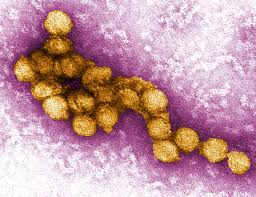Understanding West Nile Virus: Risks and Preventative Measures

Introduction
West Nile Virus (WNV) has become a significant public health concern in Canada, especially as cases have been reported across several provinces. This mosquito-borne virus, first identified in North America in 1999, can lead to severe neurological diseases such as encephalitis and meningitis. Its increasing incidence each summer highlights the need for public awareness and preventive strategies.
Current Situation and Statistics
As of mid-September 2023, the Public Health Agency of Canada has reported over 200 confirmed cases of West Nile virus, a marked rise compared to the previous year’s total of 150 cases. This increase is believed to be influenced by the warmer summer temperatures and the prevalence of mosquitoes, particularly in urban areas where stagnant water creates breeding grounds.
The cases have been recorded predominantly in provinces like Alberta, Ontario, and Quebec, where health departments are urging inhabitants to take preventative measures. Municipalities are intensifying their mosquito control programs in an effort to mitigate the risk of WNV transmission.
Symptoms and Transmission
WNV is primarily transmitted to humans through the bite of an infected mosquito. Symptoms can range from mild flu-like signs to more severe manifestations such as fever, stiff neck, and muscle weakness. Approximately 80% of those infected remain asymptomatic, but there remains a risk for severe outcomes, particularly in older adults and those with compromised immune systems.
Preventative Measures
Public health officials recommend several measures to protect against WNV: wearing long sleeves and pants during outdoor activities, using insect repellents containing DEET, and eliminating standing water around homes. Provinces are also implementing enhanced surveillance programs to monitor mosquito populations for the virus.
Conclusion
The rise in West Nile virus cases in Canada reflects broader environmental changes and highlights the critical need for public awareness. As the summer season comes to a close, health officials encourage residents to remain vigilant and consider protective measures against mosquito bites. Continued education, surveillance, and community participation will be essential in combating the spread of West Nile virus and safeguarding public health moving forward.


